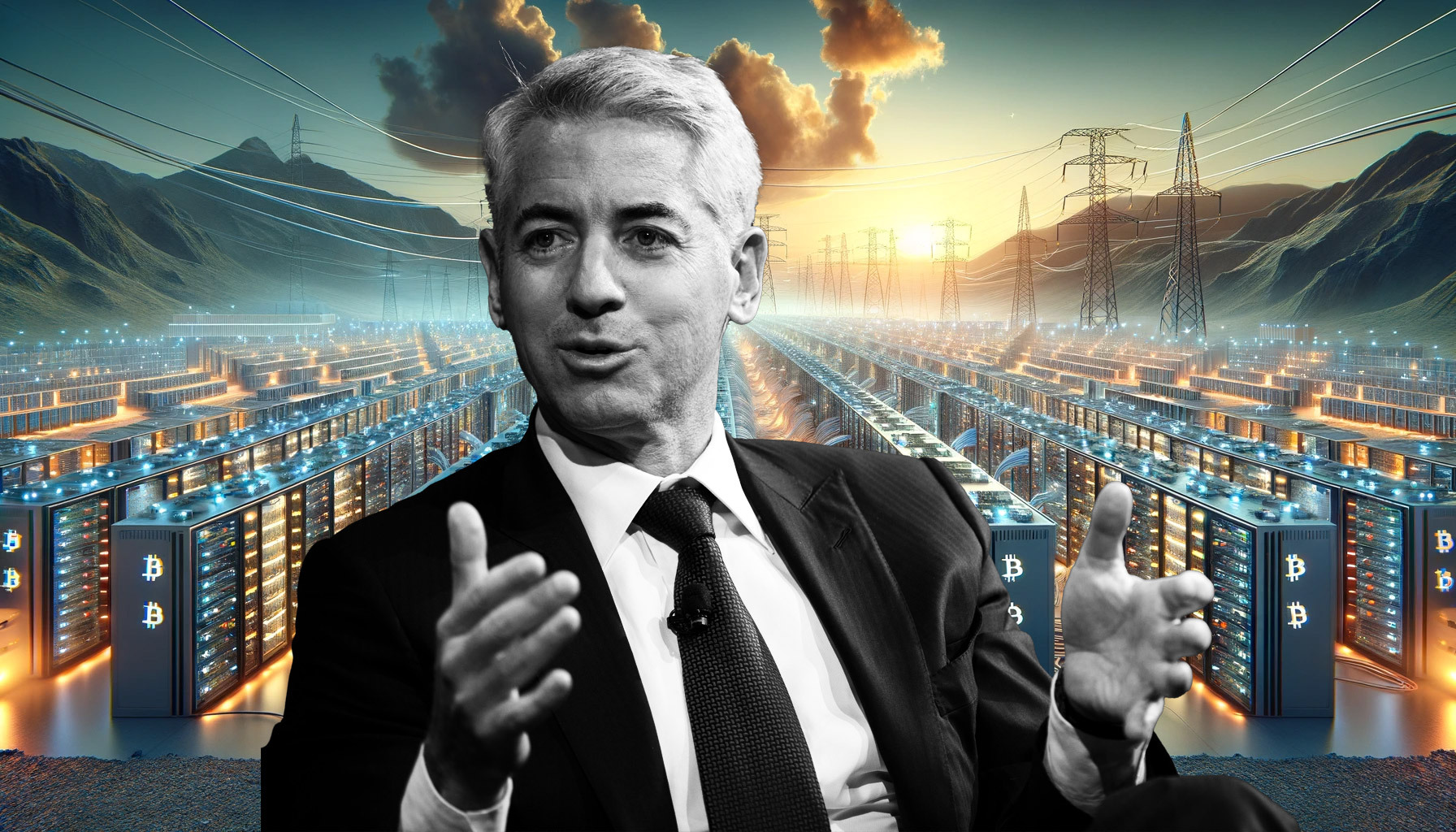Bill Ackman’s Hypothetical Scenario Ignites Debate
Renowned investor and CEO of Pershing Square Capital Management, Bill Ackman, recently presented a hypothetical scenario that has sparked intense discourse among crypto enthusiasts, economists, and environmentalists. Ackman’s remarks raised crucial questions regarding the sustainability of Bitcoin mining, its impact on global energy consumption, and the broader economic implications of increased reliance on cryptocurrencies.
Ackman’s Thought-Provoking Tweet
In a tweet, Ackman outlined his scenario, stating, “A scenario: Bitcoin price rise leads to increased mining and greater energy use, driving up the cost of energy, causing inflation to rise and the dollar to decline, driving demand for Bitcoin and increased mining, driving demand for energy and the cycle continues. Bitcoin goes to infinity, energy prices skyrocket, and the economy collapses. Maybe I should buy some Bitcoin.” He noted that this cycle could also work in reverse.
This speculative scenario has elicited a spectrum of reactions, ranging from defensive responses to calls for a more nuanced understanding of Bitcoin’s energy consumption. The debate was further fueled by observations that Bitcoin mining’s energy usage mirrors that of an entire country, such as Greece.
Expert Perspectives on Bitcoin’s Energy Consumption
Experts in the field, including Michael Saylor, weighed in on the energy debate. Saylor contended that Bitcoin mining could drive the adoption of renewable energy sources through increased efficiency and demand for sustainable energy solutions. This perspective challenges the narrative that Bitcoin exacerbates demand for traditional energy resources, positioning it as a potential catalyst for energy efficiency and sustainability.
Meanwhile, Alexander Leishman highlighted the competitive nature of Bitcoin mining, suggesting that the pursuit of profitability naturally leads to the utilization of cost-effective, often renewable, energy sources. This perspective underscores Bitcoin’s potential role in promoting energy efficiency and sustainability within the sector.
Troy Cross countered arguments linking Bitcoin’s value increase to higher energy costs by emphasizing the utilization of cheaper, often overlooked, power sources. He stated, “The cheapest power is power no one else wants, stranded in time or space. Consuming that power is Bitcoin’s destiny.” Cross elucidated the efficient deployment of mining operations globally, emphasizing Bitcoin’s status as a ‘bottom feeder’ in the energy ecosystem.
Alex Gladstein echoed sentiments supporting Bitcoin mining’s reliance on excess or renewable energy sources, reinforcing the notion that the sector contributes to optimizing the global energy mix. This perspective aligns with the idea that Bitcoin mining plays a constructive role in enhancing energy sustainability rather than detracting from it.
Bitcoin as a Self-Regulating Organism
Industry figures like Hunter Horsley and Muneeb Ali envisioned a future where the Bitcoin network’s energy demand diminishes over time. They highlighted the blockchain’s halving events and the transition to transaction fee reliance as mechanisms that could reduce incentives for energy-intensive mining operations.
An intriguing argument likened Bitcoin’s ecosystem to a “self-regulating organism,” governed by precise mathematical laws that foster economic stability. This analogy underscores Bitcoin’s predictability and systemic resilience, distinguishing it from traditional financial assets.
By framing Bitcoin and similar technologies as self-regulating entities, advocates emphasize their adaptability, robustness, and innovative potential. These systems are regarded as capable of evolving and self-correcting in response to challenges, ensuring their viability and relevance in a dynamic environment.
Image/Photo credit: source url




